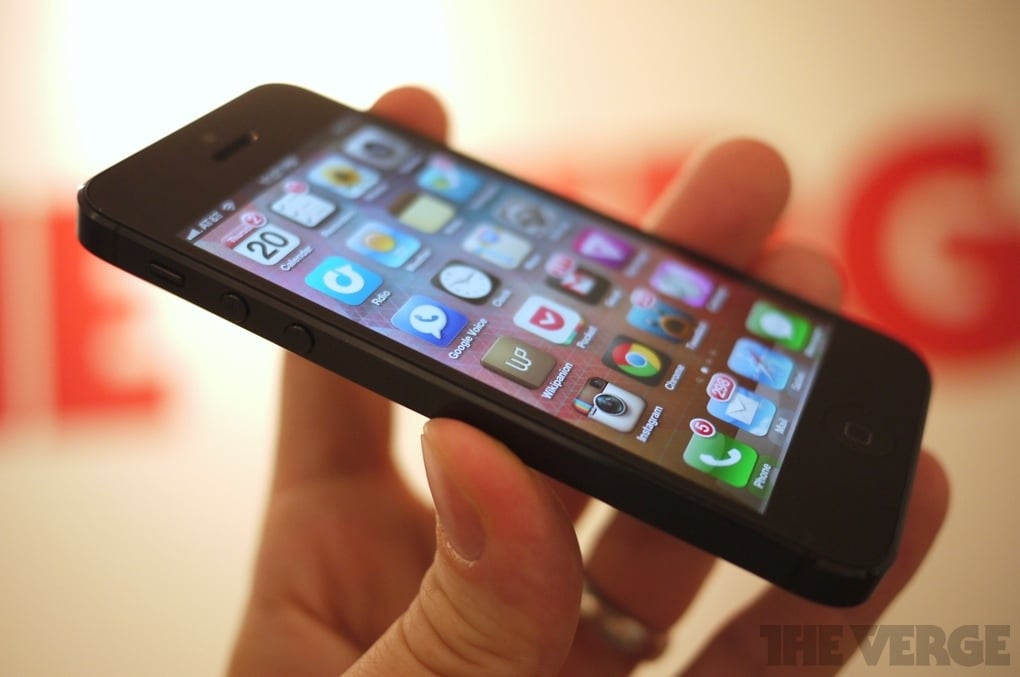Earlier this year, I reported on an increasing phenomenon across the country—the stealing of the expensive smartphone known as the Apple iPhone. This robust phone continues to be taken by perpetrators in major cities, an act coined as “Apple picking” by cops in Connecticut. In an effort to thwart these robberies within the sprawling metropolis known as San Francisco, California, a recent plan was enacted that had law enforcement officials thinking outside the box.
Deciding to switch up its tactics a bit rather than simply pursuing a stolen gadget, police in San Francisco are now pretending to be the illegal vendors who, once they get a hold of the stolen devices, resell them on the black market – clearly a ploy to recover the product and get these bad guys off the street. You may be interested to know that these Apple innovations can net up to $1,000 in regions including Hong Kong and Rio de Janeiro. Overall, the black market for lost and stolen phones in the United States rakes in about $30 billion a year, a number that is almost impossible to imagine.
“The reasoning is that if customers can no longer be sure that the shady iPhone salesman on the street isn't a cop, they'll be less inclined to purchase a stolen iPhone. In turn, would-be thieves will be less likely to steal iPhones in the first place,” a recent article revealed.
In essence, if crafty thieves believe they stand to face far more negative consequences than benefits from taking what doesn’t belong to them, they may think twice before snatching these devices. In turn, this could completely deplete the black market all together.
So, what does Apple think of the new sting to catch these criminals red handed? The company is actually getting involved in the plan, enabling SFPD to borrow some of its iPhones to pinpoint wrongdoers before they have a chance to target yet another innocent victim.

Image via The Verge
If you are unlucky enough to find yourself being stripped of your smartphone, there are a few recommended steps to take.
First and foremost, it is vital that you file a police report. This document will serve as proof as to when and where your gadget was taken, which could in some cases be the difference between you receiving money back from an insurance company or even being handed back your phone from the police.
Next, let your boss know your iPhone was taken if your organization was the one who gave it you. A
piece highlights, “In that situation, you may even want to do this prior to filing the police report, since your corporate IT department may be able to prevent the thief from accessing critical business information. Your employer may have given you guidelines about what to do in case of theft when they issued the phone to you.”
Last but definitely not least, informing your cell phone provider of the incident will make sure your service is cancelled without delay so the perpetrator can’t make any costly long distance calls that you will be accountable for. Also, try to determine the current location of the gadget via Apple’s Find My iPhone app. This application even lets you change key security settings on-the-fly, which could assist you in recovering your beloved asset.
You know the saying, “An apple a day keeps the doctor away?” In this case, it seems that Apple is actually the cause of your problems.
Edited by
Blaise McNamee